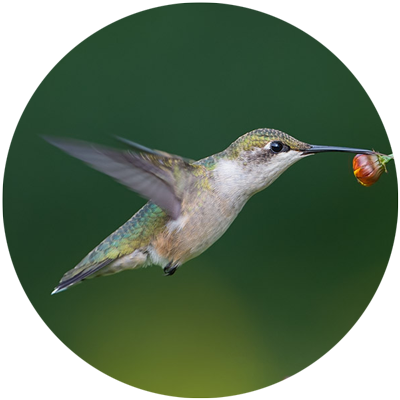Home > Climate News >
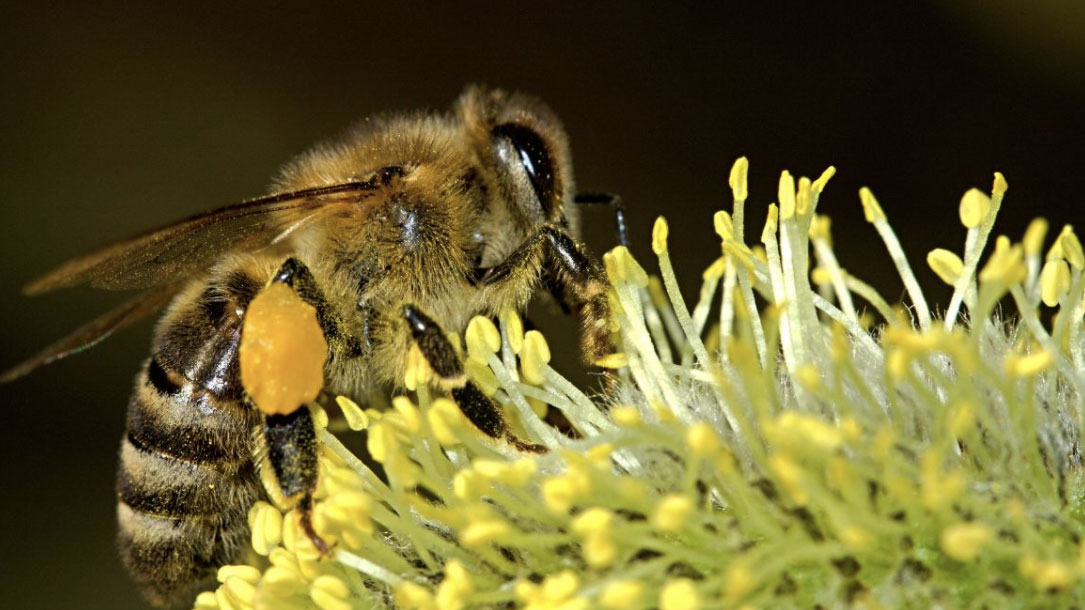
Climate change puts bees and flowering plants out of sync
Warmer spring temperatures are causing bees to hatch earlier, putting them out of sync with the flowers that they pollinate, a new study shows.
The researchers say the study is the first of its kind to show climate change affecting the sort of relationships between species that have evolved together over millions of years…
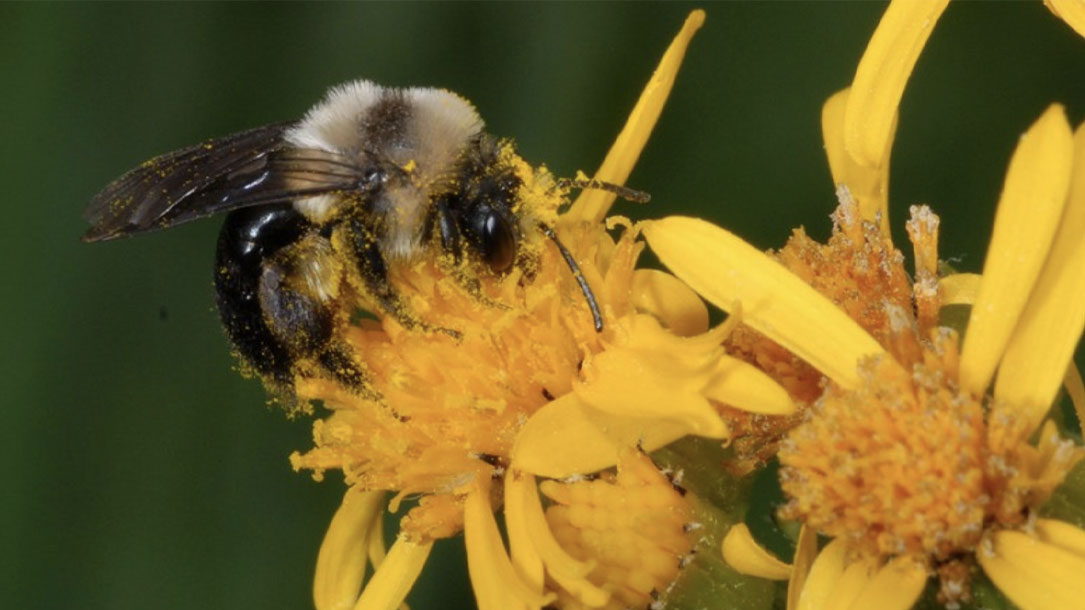
Out of sync: USU ecologists report climate change affecting bee, plant life cycles
Reporting on the first community-wide assessment of 67 bee species of the Colorado Rockies, ecologists Michael Stemkovski of Utah State University and Rebecca Irwin of North Carolina State University say “phenological mismatch,” changing timing of life cycles between bees and flowers, caused by climate change, has the potential to disrupt a mutually beneficial relationship…
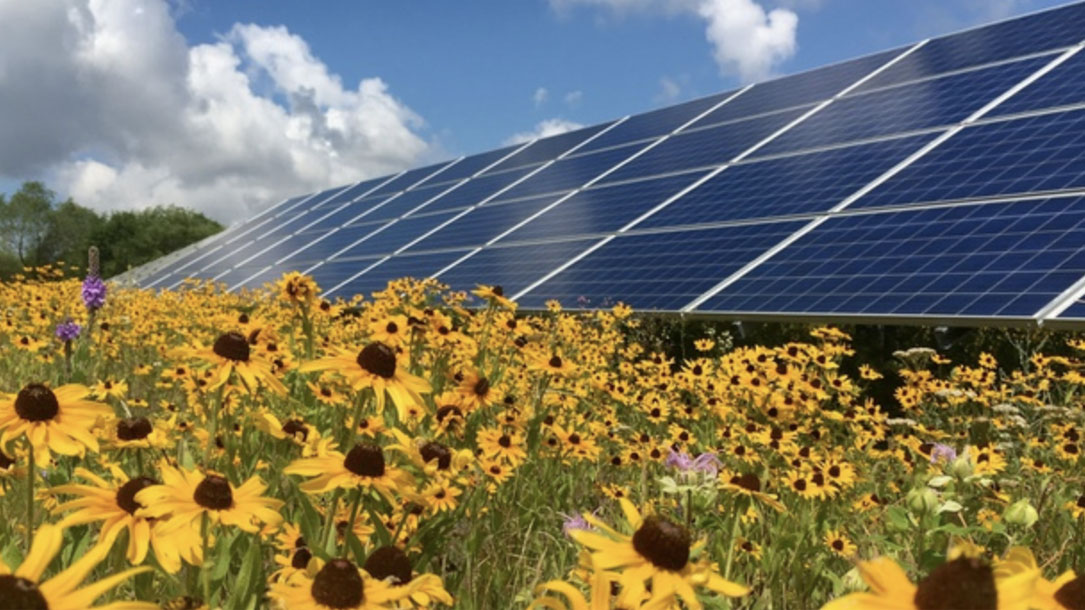
Michigan opens 3.3M farmland acres to bee-friendly solar projects
Michigan Democratic Gov. Gretchen Whitmer on Monday announced an executive decision that frees up 3.3 million acres of farmland protected under the state’s Farmland and Open Space Program to solar development. Previously, the land was allowed to host wind turbines and oil and gas exploration, but solar was historically restricted because it was considered to have a larger footprint…
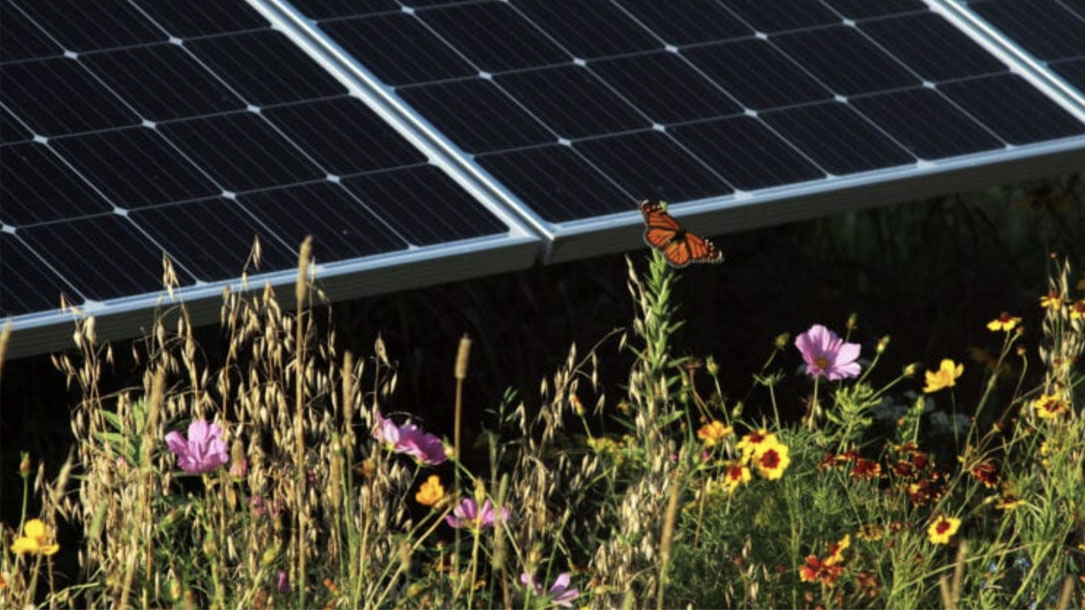
The evolution of rural solar: from panel monocrops to multiple land uses
In farming, companion planting of certain crops in close proximity can provide an array of benefits: from pest control, to flavor enhancement, to increased productivity.
The same concept can be applied to rural solar projects, which have the opportunity to integrate with other land uses, such as crops or pollinator-friendly plantings, and create win-win outcomes for rural communities…
Recognizing the increasing compatibility of solar with rural land conservation, Michigan recently amended its farmland preservation rules to allow solar development on protected farmland, provided that the solar project met the state’s pollinator-friendly standards…
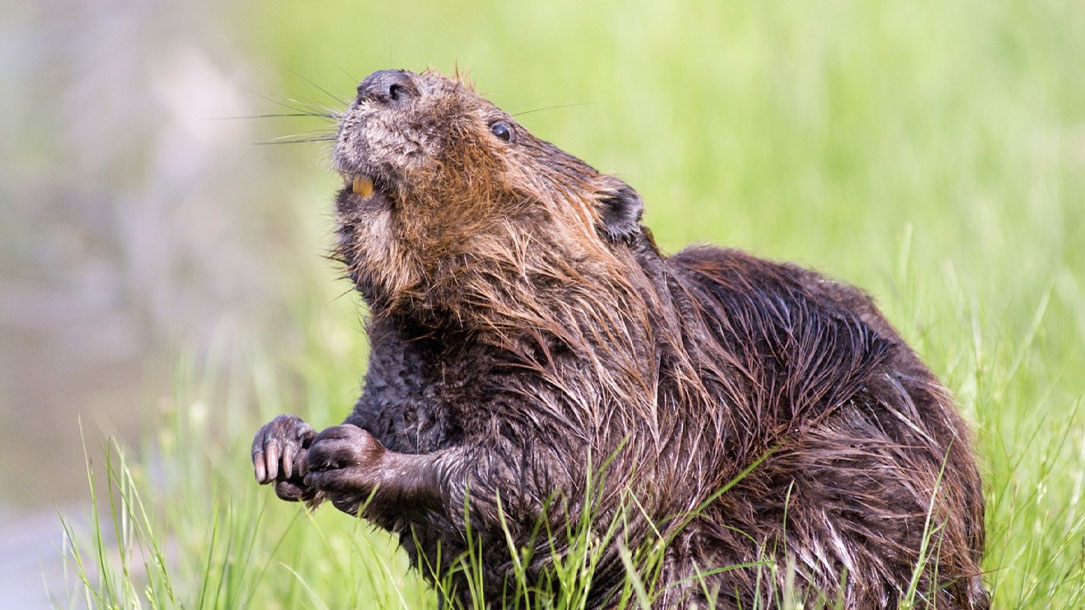
URI students assess effects of beaver ponds on the environment
When beavers dam a stream, they create wetlands that provide important habitat but may also generate methane gas, one of the greenhouse gases responsible for climate change. To examine the affect these ponds have on the environment, two students have spent their summer at the University of Rhode Island conducting experiments and analyzing data.
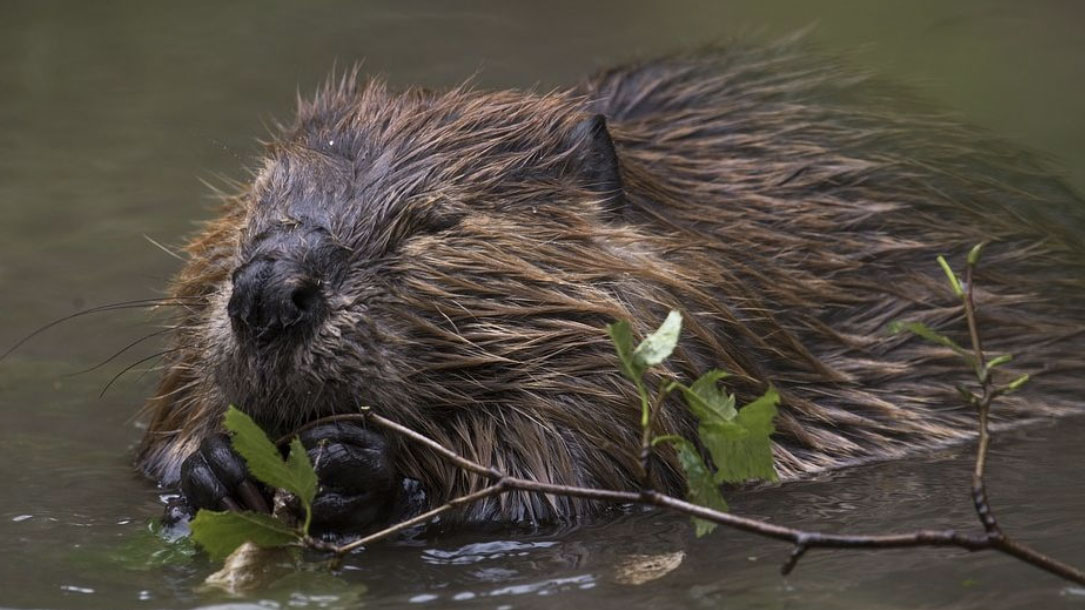
Using remote sensing to assess the impact of beaver damming on riparian evapotranspiration in an arid landscape
Beaver pools allow sediments and waterborne pollutants such as nitrogen and heavy metals to filter downward, preventing their transport downstream. A 2015 study from the University of Rhode Island found that beaver ponds can help remove up to 45 percent of nitrogen from streams. Researchers in Maryland are now enlisting beavers to reduce pollutants entering the Chesapeake Bay.
The research indicates that riparian areas with beaver damming in arid landscapes are better able to maintain vegetation productivity than areas without beaver damming during both short and extended periods of drought…
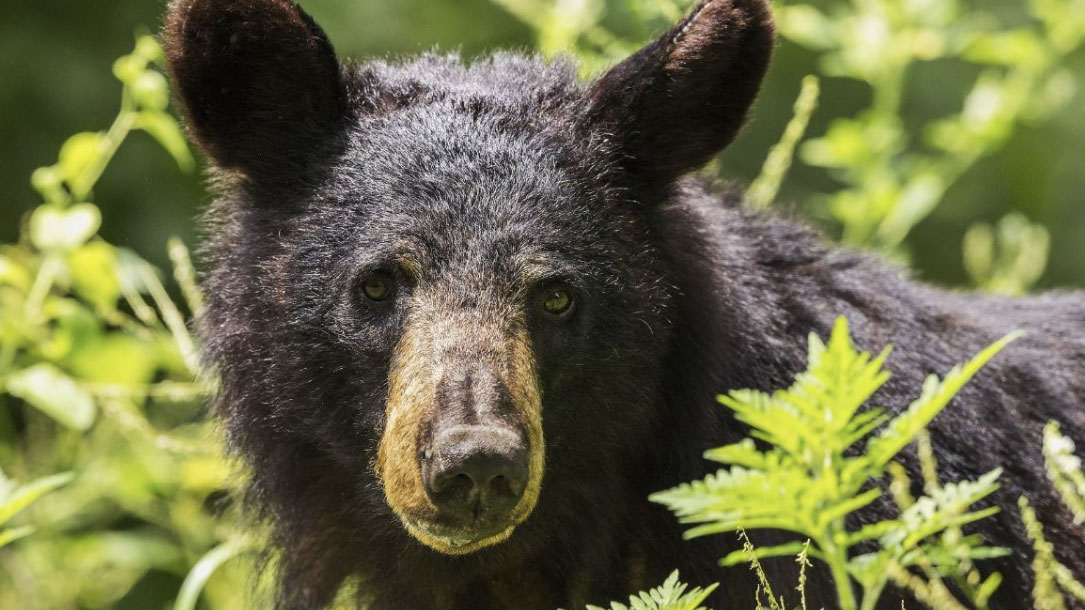
Wildlife collapse from climate change is predicted to hit suddenly and sooner
“It’s not that it happens in some places,” said Cory Merow, an ecologist at the University of Connecticut and one of the study’s authors. “No matter how you slice the analysis, it always seems to happen.”
If greenhouse gas emissions remain on current trajectories, the research showed that abrupt collapses in tropical oceans could begin in the next decade [emphasis added]. Coral bleaching events over the last several years suggest that these losses have already started, the scientists said. Collapse in tropical forests, home to some of the most diverse ecosystems on Earth, could follow by the 2040s…
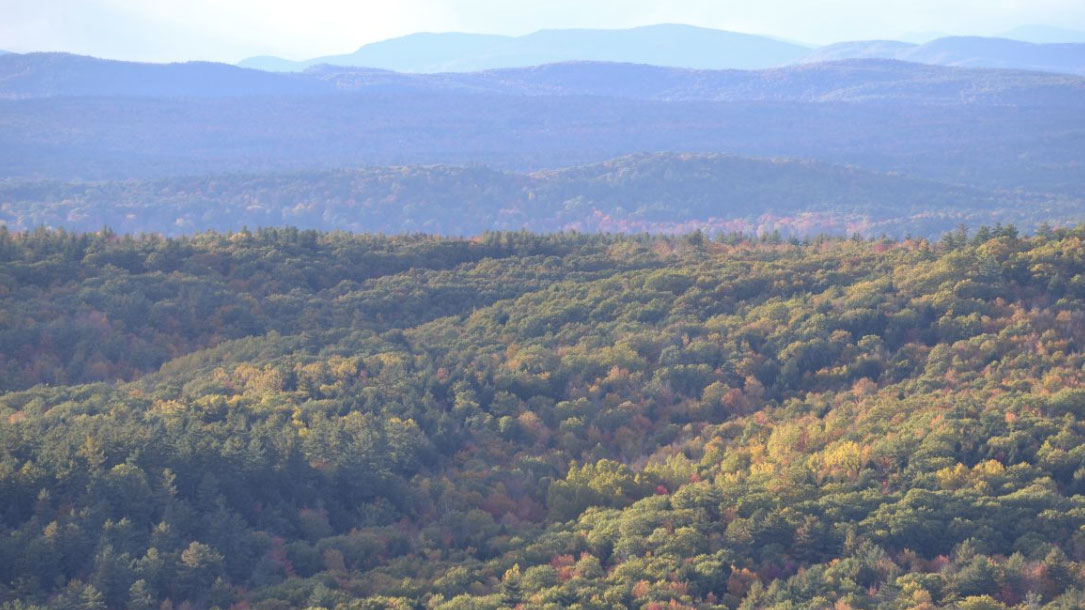
Sustainability and climate change initiatives
In their most recent climate initiative, the Kennebec Land Trust Finance Committee worked with Kennebec Savings Bank Investment and Trust Services to move their investments into a Socially Responsible Investment (SRI) portfolio that is aligned with their mission. SRI considers environmental, social, and corporate governance criteria to generate long-term competitive financial returns and positive societal impact.
As managers of forestland, they use and promote forest management practices that maximize carbon sequestration, including: protecting soil carbon, where about 50% of the carbon inventory is typically stored on a forested acre; promoting native species and increasing plant diversity to improve forest resiliency and carbon storage; harvesting sustainably; and taking a long-term view by growing high-value and larger diameter trees. On the ground, their forestry days at the Curtis Homestead are teaching the next generations…

Warming climate is changing where birds breed: Study
[Clark] Rushing explained, “There’s a real risk that, if these declines continue at their current pace, many species could face extinction within this century. Neotropical migrants are vulnerable to future climate change, putting them at risk of greater declines.”
Neotropical migrants already fly thousands of miles each year to breed, so why can’t they go just a bit farther as the climate warms?

Wildlife collapse from climate change is predicted to hit suddenly and sooner
“It’s not that it happens in some places,” said Cory Merow, an ecologist at the University of Connecticut and one of the study’s authors. “No matter how you slice the analysis, it always seems to happen.”
If greenhouse gas emissions remain on current trajectories, the research showed that abrupt collapses in tropical oceans could begin in the next decade [emphasis added]. Coral bleaching events over the last several years suggest that these losses have already started, the scientists said. Collapse in tropical forests, home to some of the most diverse ecosystems on Earth, could follow by the 2040s…



